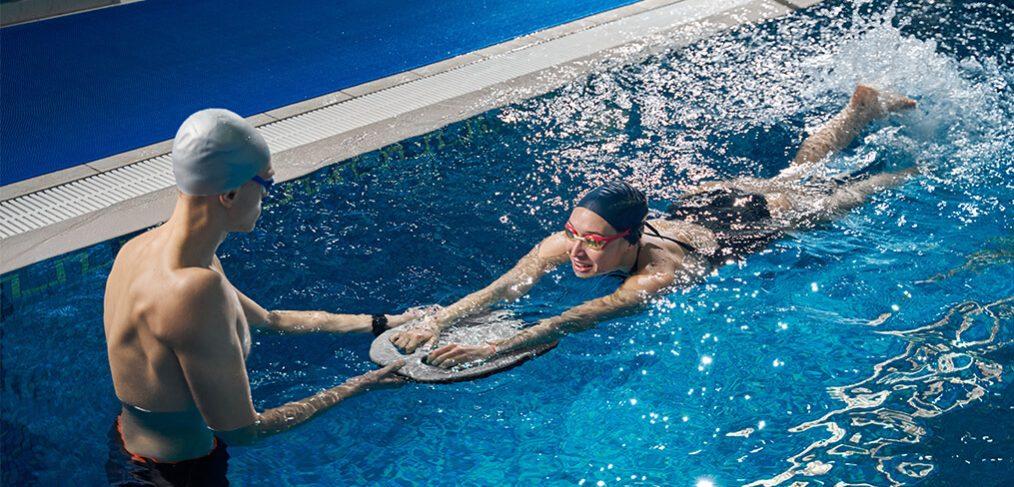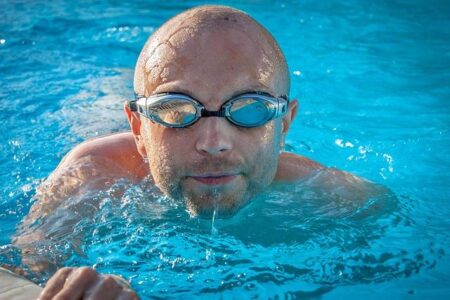As temperatures rise and summer approaches, countless individuals consider taking the plunge into the world of swimming. Beyond being a popular recreational activity, learning to swim offers a multitude of benefits that extend far beyond the pool. From enhancing physical fitness and safety to boosting mental well-being, experts emphasize that there has never been a better time to start your learn-to-swim journey. This article explores the compelling reasons why you should dive in today and make swimming an essential part of your life.
The Lifesaving Benefits of Learning to Swim Early
Early swimming education equips children with critical survival skills that can dramatically reduce the risk of drowning, which remains a leading cause of accidental death worldwide. According to the World Health Organization, children who learn to swim at a young age develop a natural confidence and awareness around water, enhancing their ability to react effectively in emergencies. Beyond the physical safety aspects, early swim lessons foster better coordination, balance, and muscle strength, creating a foundation for lifelong aquatic activity and fitness.
Key lifesaving advantages include:
- Improved breath control and water comfort
- Enhanced ability to float and tread water independently
- Rapid response skills during unexpected submersion
- Increased parent and community peace of mind
| Age Group | Average Time to Swim Independently | Safety Improvement |
|---|---|---|
| 1-3 Years | 9-12 Months | High |
| 4-6 Years | 6-8 Months | Very High |
| 7-10 Years | 4-6 Months | Moderate |
How Swimming Boosts Physical Health and Mental Wellbeing
Swimming amplifies your physical fitness by engaging almost every muscle group, making it a rare full-body workout that enhances strength, endurance, and flexibility all at once. Unlike high-impact sports, it’s gentle on joints and suitable for all ages, reducing the risk of injury while improving cardiovascular health. Regular laps in the pool can lead to improved lung capacity and better posture, contributing to a stronger, more resilient body.
Beyond the physical advantages, swimming is a proven antidote to stress and anxiety. Immersed in water, the rhythmic strokes help calm the nervous system, triggering the release of endorphins and reducing cortisol levels. Some of the mental health perks include:
- Enhanced mood regulation through aquatic mindfulness
- Improved sleep quality after regular swim sessions
- Boosted cognitive function linked to increased blood flow
| Benefit | Impact | Frequency |
|---|---|---|
| Cardiovascular Health | Improved endurance | 3-4 times/week |
| Stress Reduction | Lower cortisol levels | Daily relaxation swims |
| Muscle Toning | Full-body engagement | 2-3 times/week |
Choosing the Right Swim Program to Maximize Your Progress
Selecting a swim program that aligns with your goals and skill level can dramatically accelerate your learning curve. Whether you’re a beginner seeking comfort in the water or an experienced swimmer aiming to refine technique, various programs cater to distinct needs. Look for factors such as class size, instructor certification, and progression structure. Small groups often allow for personalized attention, while certified coaches ensure safe and effective training methods. Additionally, programs offering a clear pathway from fundamental skills to advanced strokes help maintain motivation and track improvement.
Consider the following key elements when evaluating your options:
- Flexibility: Can the schedule accommodate your routine?
- Focus Areas: Does the program emphasize stroke mechanics, endurance, or water safety?
- Facilities: Are the pools clean, well-maintained, and equipped for varied training?
| Swim Program Type | Ideal For | Key Benefit |
|---|---|---|
| Learn-to-Swim Classes | Beginners | Water comfort and basic safety |
| Technique Clinics | Intermediate swimmers | Stroke refinement and efficiency |
| Endurance Training | Advanced swimmers | Building stamina and speed |
Wrapping Up
In conclusion, starting your learn-to-swim journey today is more than just acquiring a new skill-it’s a vital step toward enhancing your safety, health, and overall well-being. As drowning remains a leading cause of accidental death worldwide, early swimming education can be life-saving. Moreover, swimming offers a comprehensive workout that benefits mind and body alike. Whether for fitness, recreation, or emergency preparedness, the evidence is clear: there is no better time than now to take the plunge. For individuals of all ages, embracing swimming lessons today is an investment in a safer and healthier tomorrow.





